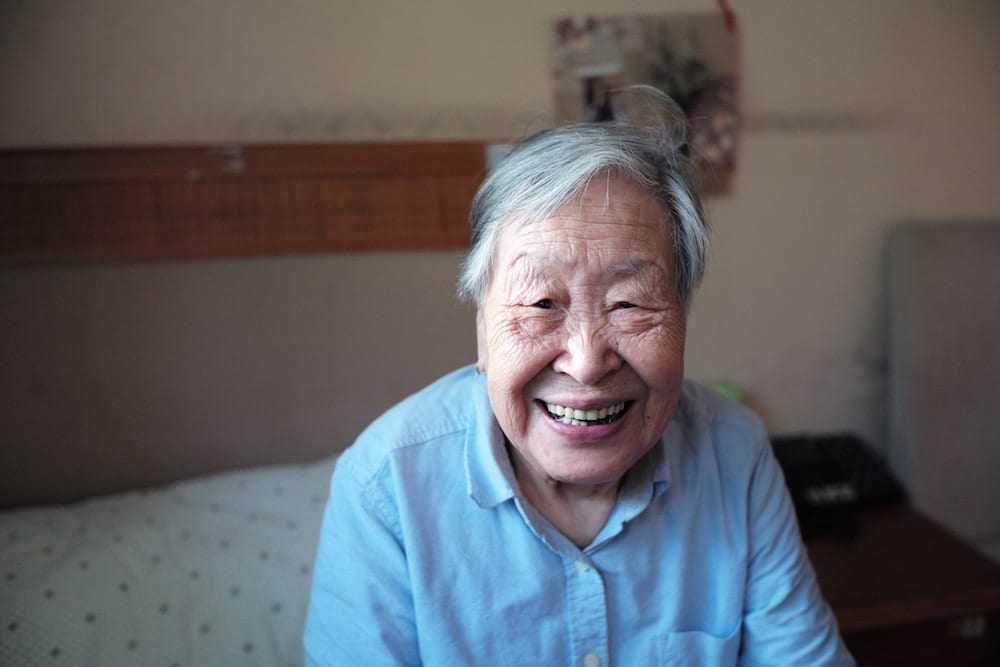The idea of capacity when it comes to decision making is complex. The word is not well understood, and it’s not as simple as having capacity or not having capacity. Health professionals may say someone “has” or “has not” capacity, meaning they can or cannot make decisions, yet this is often unhelpful as there are many types of decisions.
Big vs little decisions

Sometimes people cannot have capacity in large decisions such as finances but can still make small decisions like whether they want to drink tea or coffee.
Listen to our speech pathologists talking about capacity here
Choices with eating

Although difficulties with eating are common with dementia, a person should be given as much room to decide whether they can eat or not. A person with dementia often forgets to swallow. This is why food “goes down the wrong way” and they develop aspiration pneumonia. Modern medicine can often cure the pneumonia. But then doctors may want to prevent further pneumonias by limiting the food and drink that the person is allowed, or by using a tube to feed them. This is when decisions about eating become important.
Some people would prefer to eat and drink with their family and take the risk of something going down the wrong way. A cup of tea might be all that’s left that gives pleasure, and if the person can indicate that is what they want, perhaps they should be “allowed” to have what they want, even if the risks are high. Conversations about quality of life are important here.
Future decisions

People can prepare for future decisions they might not have the capacity to make by talking with their family and health care providers about their preferences and values for the future. An Advance Care Plan is a great way to start thinking and having important conversations. It’s best to do this sooner rather than later as dementia will progress.
Little choices are important

For some people, little choices are a very important part of their life, and they should be able to make choices even when they may have lost capacity in other areas. So if carers, professionals and loved ones are able to, the best thing for the person suffering is to help them to have options.
Watch this video of two experienced Speech Pathologists discussing practical aspects about swallow, pneumonia, and decision making
Find out more about capacity and decision making from the Queensland University of Technology Capacity and consent to medical treatment information .




